I'm new to performance testing and I was told by one of my teachers to use JMeter by Apache.
I have made a few tests but I do not entirely understand the results. My database is on my localhost if that makes any difference in interpreting these results.
I've been running a simple update query 10,000 times. Are these results fine?
I've been staring at the throughput and, KB/s and Avg. Bytes for a while. I'm not sure if these results are good or not. The average time is 1151 ms (1,15 seconds) which makes no sense.
If it takes 1.15 second to update once, how come 10,000 updates only took like 30 seconds?
Test results:
